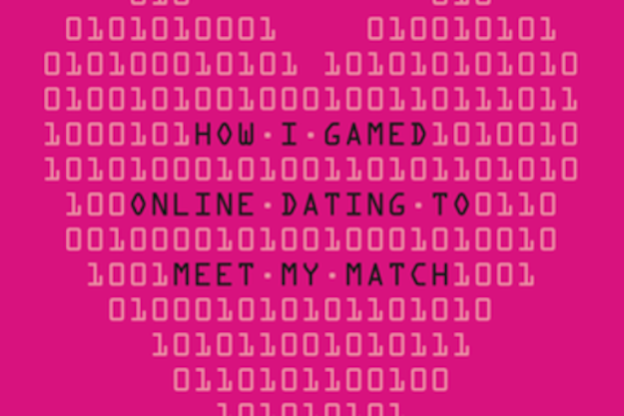
If dating was gravity, Amy Webb would be Isaac Newton: She’s got the game formulas figured out down to a tee. Or at least she hopes. When there are millions of online daters about the Web, you could only pinpoint so many characteristics you want in a person before OKCupid, JDate, and Match.com blow up in your face and churn out tons of “good on paper” guys that are no match for you in real life. So how do you cheat the system?
Webb, author of “Data: A Love Story,” gave a speech at SXSW 2013 yesterday on how she decided to treat online dating the way she would approach big data: If you want to parse things down to an extreme match, you have to input specific criteria and only select the options that meet or exceed your needs. The problem with online dating, she says, is that the questions websites ask you generally do not matter in the long run. “I don’t care if he is a dog or a cat person,” she says. “[These questionnaires] create a significant superficiality. I’m not looking for a pen pal, I’m looking for a husband.”

But then the question comes back to her: What if she’s not what the guys are looking for? To get a glimpse from a man’s perspective, she created a fake male profile to see the matches she’d get if she were the perfect guy. What she gathered from her competition was that these girls often had profile shots that included a natural smile angled from the waist up. The profile descriptions also used optimistic words and sounded conversational and light. She also found that specifics are good, but not too specific. “It’s intriguing to say you like psychological thrillers, but it’s weird to say your favorite movie is The Human Centipede.“
Using the information gathered from hundreds of sample profiles, Webb altered her profile to make it as personable as possible – at least, whatever that means according to her research. The process eventually led her to meeting Brian, a first date that lasted 14 hours, and a proposal during their trip to Jordan. It’s a long journey, and an experiment no one as obsessive would ever bother with. But the lesson from this wildly complicated experience? Webb advises to treat online dating sites as a giant database. It’s not the websites’ job to find you the perfect match, it’s yours to parse and find yourself what you need from the results.


